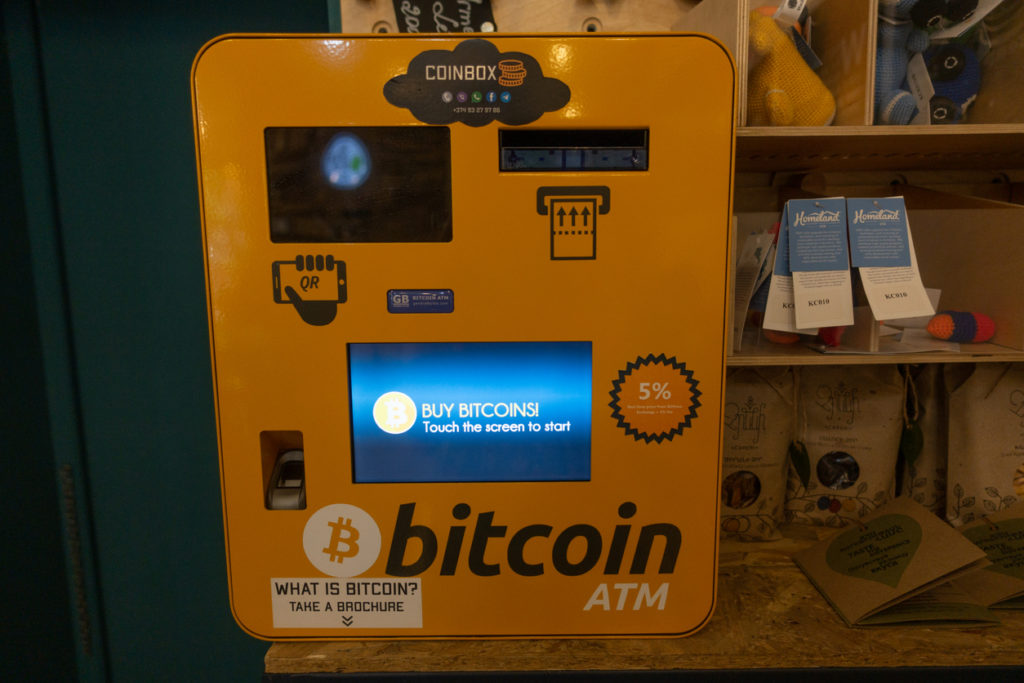Bitcoin has grown rapidly in popularity over the past decade. With the rise of bitcoin, the necessity of infrastructure to handle and manage it has only increased in demand. Today we will look at some of the features and benefits that bitcoin kiosks may offer businesses and their customers.

What is Bitcoin?
Bitcoin is the name of a decentralized digital currency, which is based on a technology called “blockchain.” As it is decentralized, it is a currency that exists without a central governing bank or administrator. Bitcoin can be sent from user to user on a peer-to-peer network without the need for intermediary institutions such as a bank. Bitcoin utilizes a type of database known as a distributed ledger to track transactions.
Basic supply and demand is one reason for Bitcoin’s popularity. Only 21 million bitcoin will ever enter into circulation, due to a “hard cap” that is encoded into its source code. In this way, it is similar to other non-renewable resources that have at times been used as currency, such as precious metals or gems, only in a digital, instead of physical, format.
What is a bitcoin kiosk?
A bitcoin kiosk functions much like an ATM, only for Bitcoin, rather than centralized currencies such as dollars or euros. The kiosk allows users to purchase Bitcoin and other cryptocurrencies with either cash or a debit card. The purpose of these kiosks is to allow any user to easily access their bitcoin wallet anywhere in the world, as well as “cashout” or exchange bitcoin for physical currency. Because of the convenience they offer, many bitcoin kiosks charge higher-than-average transaction fees, which can run anywhere from 7-20%.
Crypto kiosks are connected to the internet at all times, and they generally allow both the purchase and sale of a range of digital currencies besides Bitcoin, such as Ethereum, Dogecoin, and others. These transactions are always securely and permanently recorded via a public key on a blockchain, providing protection for all Bitcoin and crypto owners.
Main use cases for a bitcoin kiosk
Although still a fairly new addition to the transactional kiosk landscape, bitcoin kiosks have slowly begun increasing in popularity. Here are some of the key functions they can provide:
Purchasing Bitcoin and Other Cryptocurrencies
Buying Bitcoin through a kiosk is convenient. With the existence of other websites to store and purchase bitcoin, their use has diminished slightly, but kiosks are still the only way to exchange cryptocurrency for physical currency.
Send or Transfer Bitcoin
Bitcoin owners can send and transfer bitcoin through a kiosk just as they might traditional currency via an ATM. For those who don’t trust the security of their internet connection or do not have easy access to reliable internet, a kiosk provides a safe intermediary to send and transfer Bitcoin.
Redeem BTC for Cash
A bitcoin kiosk can fill the role of a money exchanger, allowing the user to use cash or credit cards to purchase and utilize cryptocurrencies. Aside from regular bitcoin, other currencies such as Ethereum and Litecoin can be purchased and exchanged for BTC cash. BTC can then be redeemed for cash at the current exchange rate.
Bitcoin Kiosk Locations
Due to the popularity of Bitcoin and other cryptocurrencies, kiosks are slowly being incorporated into a large number of metropolitan locations. These include areas that see heavy foot traffic such as malls, grocery stores, travel locations such as airports and train stations, and some retail locations to name a few.
How does a bitcoin kiosk work?

For those that are unfamiliar with how a bitcoin kiosk works, here are the basics:
1. Enter Account Information
A key aspect in nearly all cryptocurrency exchanges is to log your personal information. This is needed to protect your identity from theft in addition to enforcing strict regulations to prevent money laundering or information tampering.
Bitcoin kiosks use a verification system known as KYC or Know Your Customer. It requires a user’s full name, address and phone number, followed by a copy of their legal documents such as ID or passport. All exchanges will request a photograph of an official document and a selfie of the account owner with the document to verify that it belongs to them. Some cryptocurrency exchanges will request even more information, such as occupation, a utility bill and official proof of address. While this may sound intrusive, the system is designed to provide absolute security for the account holder.
2. Select Preferred Mobile Wallet
Once the user’s personal information has been entered, they can now select the mobile crypto wallet they intend to use for the transaction. Coinbase, Exodus, Trezor and Blockfi are several of the most popular cryptocurrency wallets, but consider choosing a mobile wallet that is easy to access on your phone and is trusted as a secure wallet for the purpose of storing and exchanging digital currency.
3. Select Amount of BTC to Buy or Sell
With your wallet setup you can now purchase or sell BTC or other cryptocurrencies. Simply input the amount you want to purchase or sell and it will be added to your wallet/account.
4. Scan QR Code and Receive BTC
After your transaction, you will receive a QR code that you scan to receive your BTC from the printer.
5. Use a Printed Receipt to Redeem BTC for Cash
With your printed receipt, you can use this receipt to redeem the BTC for cash through any bitcoin kiosk.
Bitcoin Kiosk Manufacturers
While Bitcoin and other cryptocurrency kiosks may seem complicated, they have much in common with traditional ATM kiosks in terms of their basic functionality. As various digital currencies continue to grow and become more popular, owners will need more ways to sell, exchange, and cash out their crypto.
REDYREF has been a trusted kiosk manufacturer for more than 100 years, producing high quality kiosks for a large number of industries such as financial and banking, travel, hospitality and food service. This wide-ranging experience allows the company to create the custom kiosk solutions required for businesses’ needs, including bitcoin and cryptocurrency kiosks. Interested in learning more? Visit REDYREF.com to get started.


